Solutions
March 1, 2013
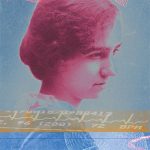
Quick implant
Sixty minutes was all it took for Jordan Prutkin, a UW cardiologist, to implant a new, improved kind of defibrillator in Merle Yoney’s chest.
December 1, 2012
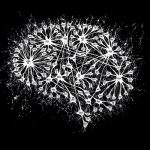
More than 'junk'
For decades most scientists thought the bulk of the material in the human genome—up to 95 percent—was “junk DNA.” It now turns out much of this “junk” actually contains the vital instructions that switch genes on and off in all kinds of different cells.
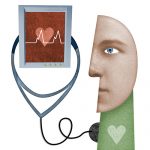
Longer CPR, longer life?
Hospitals that continue CPR longer have better survival rates for patients whose hearts have stopped beating, according to a study led by Zachary Goldberger, Acting Assistant Professor of Medicine in the Division of Cardiology at Harborview Medical Center.
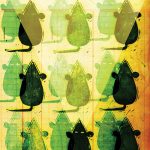
Blind mice see the light
Researchers who injected a new chemical into the eyes of blind mice made the mice sensitive to light, a finding that could hold promise for people with disease that cause blindness.
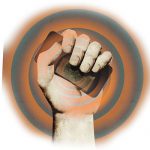
Smarter on asthma
Researchers at the UW and Seattle Children’s have developed a smartphone app that gives an accurate reading of lung function.
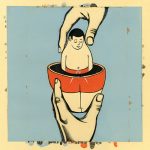
Fibbing on fat
When it comes to reporting whether we’ve lost or gained weight over the previous year, we may not be lying exactly but many of us are guilty of wishful thinking.
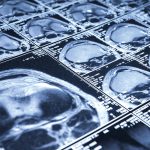
Better imaging
Lodespin Labs, a new company founded by UW researchers in the Department of Materials Science and Engineering with support from UW’s Center for Commercialization, may help solve a worrying problem in health care.
September 1, 2012
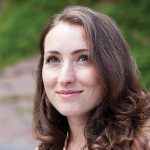
Stat star
Awards and honors aren’t what it’s about for the School of Public Health’s Daniela Witten, assistant professor in the nation’s No. 1 rated Biostatistics Department. She’s in it for the work.
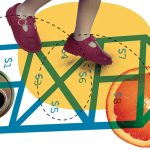
USDA report off base
If you fill your shopping cart with healthy foods, it will cost you less than if you purchased highly processed “junk” food full of high fat and sugar content, the U.S. Department of Agriculture says. Not so, says Adam Drewnowski, professor of epidemiology in the UW School of Public Health.
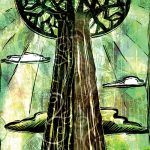
Tree-sized benefits
Professor James Lutz, UW research scientist in environmental and forest sciences, is the lead author of the largest quantitative study yet on the importance of big trees in temperate forests.
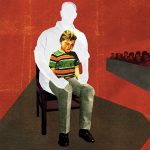
Champions for children
Under a new arrangement with the State of Washington, the UW School of Social Work will lead the first comprehensive statewide program to train social workers and caregivers who work with Washington’s vulnerable children and families.
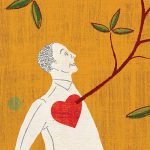
Hope for broken hearts
Cardiology researchers at the UW are engaged in exciting work to explore whether a patient’s own stem cells can foster the regeneration of damaged heart muscle.
June 1, 2012

A bridge to life
A backpack power supply runs the artificial heart Chris Marshall received from UW Medical Center.
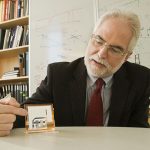
Distance diagnostics
Paul Yager, chair of the UW Bioengineering Department, is principal investigator on two grants totaling up to $26 million that aim to move diagnostic medicine away from standard antibody testing to paper.
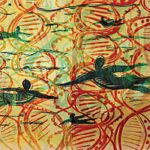
Autism link
UW researchers were one of three teams of university scientists who found a link between autism spectrum disorder and mutations that occur spontaneously near or during conception.
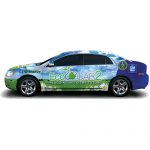
Green light
More than 40 UW students from a variety of disciplines are building a car for the future as part of the EcoCAR 2 competition.
March 1, 2012
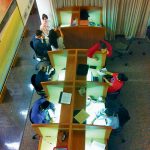
More pressure, less tech
A UW Information School study found that college students—only weeks away from final exams and studying in the library—intentionally pared down their use of information technology devices.
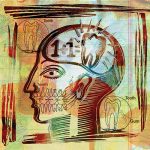
New wisdom on teeth
Dr. Greg Huang, Chairman of the UW Department of Orthodontics, says, that for those whose wisdom teeth are developing normally, a watchful waiting approach may be reasonable.
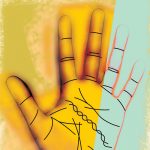
Genome funding
The National Human Genome Research Institute recently announced the establishment of two major programs at UW that will receive about $30 million in funding over four years.
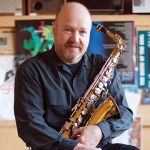
Taming the saxophone
The Broctave Key—the first U.S. patented invention from one of the UW Arts divisions—is now on its way to being manufactured.